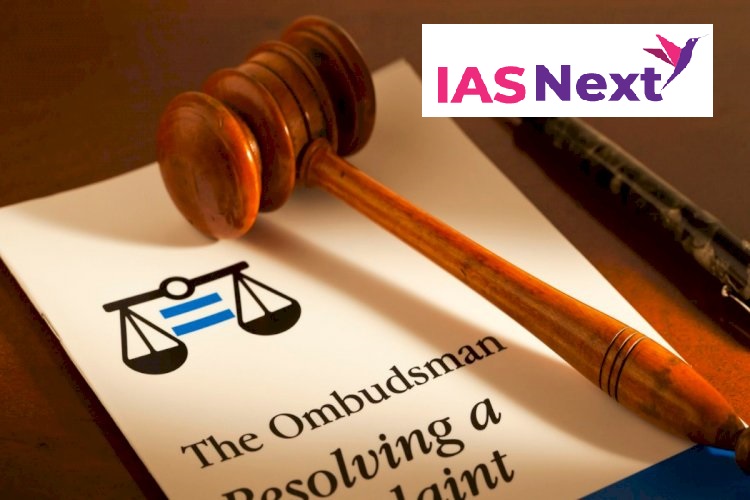CURRENT AFFAIRS
Get the most updated and recent current affair content on Padhaikaro.com
Lokpal fails to give prosecution sanction to anyone in nearly three years:
- IAS NEXT, Lucknow
- 14, Mar 2022

Reference News:-
The Lokpal has failed to provide prosecution sanction to public servants charged with corruption since its constitution nearly three years ago, according to an RTI reply by the anti-graft ombudsman.
Other issues:
The appointments of directors of inquiry and prosecution, the two top personnel for looking into complaints of corruption and processing prosecution of accused public servants, are yet to be made.
Who is a director of inquiry?
According to the Lokpal and Lokayuktas Act, 2013:
- There shall be a director of inquiry, not below the rank of Joint Secretary to the Government of India.
- He/she shall be appointed by the Central government for conducting preliminary inquiries referred to the Central Vigilance Commission (CVC) by the Lokpal.
Highlights of the Lokpal Act of 2013:
- The Act allows setting up of anti-corruption ombudsman called Lokpal at the Centre and Lokayukta at the State-level.
- The Lokpal will consist of a chairperson and a maximum of eight members.
- The Lokpal will cover all categories of public servants, including the Prime Minister. But the armed forces do not come under the ambit of Lokpal.
- The Act also incorporates provisions for attachment and confiscation of property acquired by corrupt means, even while the prosecution is pending.
- The States will have to institute Lokayukta within one year of the commencement of the Act.
- The Act also ensures that public servants who act as whistleblowers are protected.
Powers:
- The Lokpal will have the power of superintendence and direction over any investigation agency including CBI for cases referred to them by the ombudsman.
- As per the Act, the Lokpal can summon or question any public servant if there exists a prima facie case against the person, even before an investigation agency (such as vigilance or CBI) has begun the probe. Any officer of the CBI investigating a case referred to it by the Lokpal, shall not be transferred without the approval of the Lokpal.
- An investigation must be completed within six months. However, the Lokpal or Lokayukta may allow extensions of six months at a time provided the reasons for the need of such extensions are given in writing.
- Special courts will be instituted to conduct trials on cases referred by Lokpal.